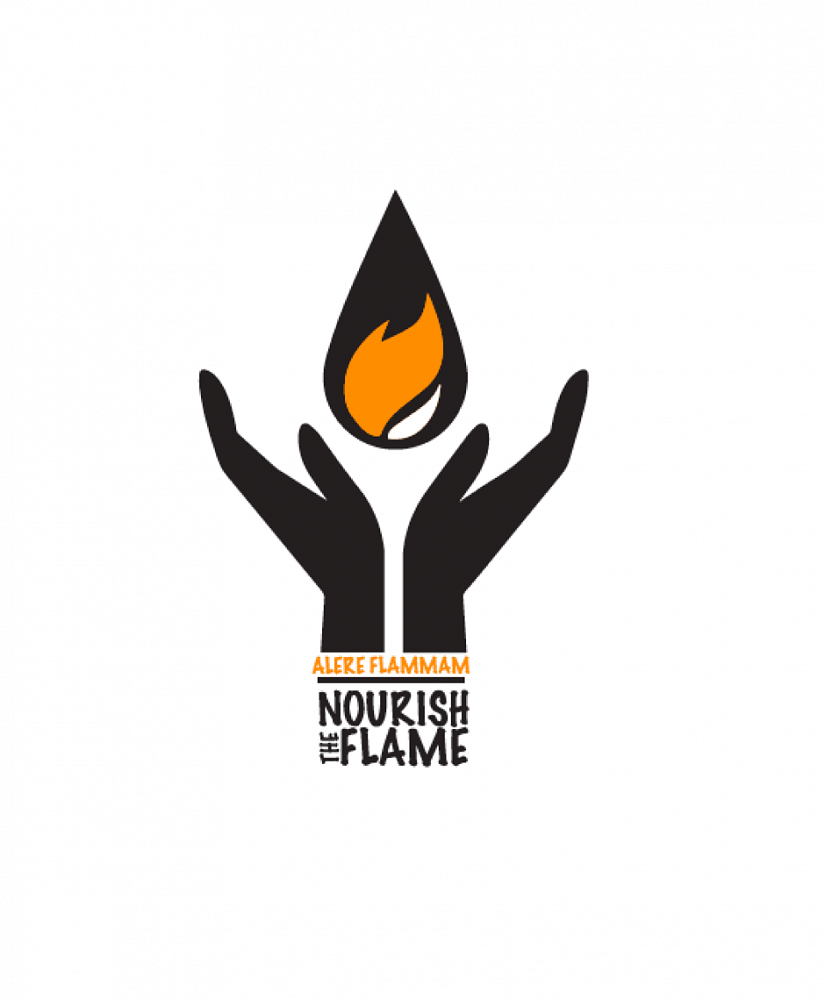
Message from the Principal
I recently read a new book from American educator Rachel Simmons - Enough As She Is: How to Help Girls Move Beyond Impossible Standards of Success to Live Healthy, Happy, and Fulfilling Lives. In light of the toxic culture of self-promotion and perfectionism that has overtaken the internet, along with the cyberbullying and trolling that accompanies it, there is talk of both cleaning up the online world and arming our children, particularly our daughters, with the resilience to cope with its devastating negativity. But what exactly does it mean to instil resilience in girls? What role can we all play? And why is it so important?
The book gives down-to-earth advice designed to help adults give girls the tools to overcome the growing culture of self-criticism that means that “no matter how hard they try, they will never be smart enough, successful enough, pretty enough, thin enough or popular enough”.
Simmons warns that “we have raised a generation of young women so focused on achieving that they avoid healthy risks, overthink setbacks, and suffer from impostor syndrome, believing they are frauds”. In addition, while they spend more and more time projecting an unrealistic image of themselves online, they are withdrawing “from the essential relationships that offer solace and support” and which bolster their self-esteem.
Girls may be more successful than boys in getting high academic results and heading to university, writes Simmons, but “they have also never struggled more”. Outwardly “exceptional” girls are inwardly anxious and overwhelmed, under pressure to be a “supergirl” and constantly comparing themselves in person and online to their peers.
Simmons cites data from the United States showing that depressive symptoms in girls increased by 50% between 2012 and 2015 (twice the rate of increase for boys) and that the Girls’ Index, a survey of girls in Grades 5 to 12, found that the number of girls describing themselves as “confident” declines more than 25% throughout middle school.
On the other hand, asks Simmons, aren’t girls the ones outperfoming boys at school? Aren’t girls going to university in greater numbers than boys? Yes, she writes, but “all that girl power seems to have come at a cost”. All too often this success is fuelled by intense self-criticism and fear, leading girls to feel anxious and overwhelmed.
What girls need is practical advice from trusted adults to help them reject “supergirl” pressure and toxic stress so they can become resilient adults leading happy, healthy and fulfilling lives. Simmons’ top three tips for parents are to:
· Tell your daughter about your mistakes and failures so she won’t make the mistake of trying to be perfect. Resilience can’t be learned by watching a parent excel at everything but by watching them screw up and handle setbacks.
· Model self-compassion when something goes wrong in your life so that she will learn to be less self-critical when she makes a mistake. People who are gentle on themselves when they make mistakes are less stressed, anxious and depressed. They are also happier and more highly motivated.
· Model body acceptance. Between 40% and 60% of primary school age girls monitor their weight. “Overthinking about the body,” writes Simmons, “is partly responsible for the gender disparity in depression.” Avoid negative comments about your daughter’s body or your own. Don’t talk about what you’ve eaten or how little you have exercised. Instead, talk to your daughter about being healthy, strong and agile.
· To see more from Simmons you could follow this link: http://abcnews.go.com/GMA/Family/teendaughter-find-balance-reduce-stress-manage-pressure/story?id=53307056
At Columba we have made a significant investment in wellbeing resources and strategies in 2018. Based on surveys of our Year 7 – 13 students we have clear indications that what Simmons describes as happening in America is what our own girls are experiencing here, and we are determined to act on this, and to help our young people experience joy in their learning and living. We have developed a ‘Wellbeing for Success’ strategy that is emerging alongside research and current best practice, in keeping with our College theme for 2018: alere flammam, nourish the flame. Through this, our health programme has been redesigned to be responsive to what students have identified as their immediate needs, and our pastoral system including Deans, the Counsellor and the Chaplain are resourced better to support them and help develop the resiliency they so need. Teachers, student leaders and the boarding house are all taking a wellbeing approach to their work, and we will be sharing this and other resources with our community in Term 2. We welcome input into this emerging strategy and we are happy to answer questions about our work in this area.
